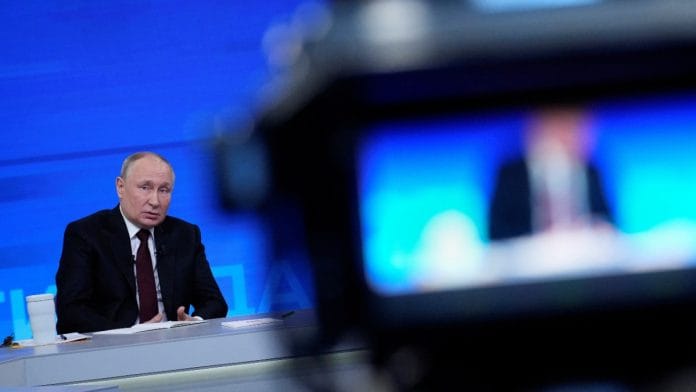Twenty-two months since Russia launched its “special military operation” in Ukraine, the war seems to have entered a stalemate. The focus of this piece, however, is not so much about what is happening on the battlefield but rather what happened in Moscow, Thursday, and its significance.
Ever since he took power in 1999, Vladimir Putin made it a practice to hold a televised freewheeling press conference before Christmas. During the press conference, the Russian President takes questions from citizens and some Moscow-based journalists.
While one might say that the questions are scripted, the annual press conference is an opportunity for people to ask him questions and for the rest of the world to hear Putin’s views. This time around, the press conference lasted more than four hours.
Putin had skipped the press conference last year because at that point, his armed forces were caught in a quagmire in Ukraine. His idea that Ukraine would roll over within days did not happen and instead the Russian forces suffered reverses, losing some key cities they had captured earlier — Kherson, for instance.
While at the time it may have seemed that Russia was on the verge of losing the war, that is not the case anymore. Though it might be an exaggeration to say that Russia now seems on the verge of winning the war, it seems now that Russian forces are in a better position now than they have ever been since let’s say the second week of the invasion.
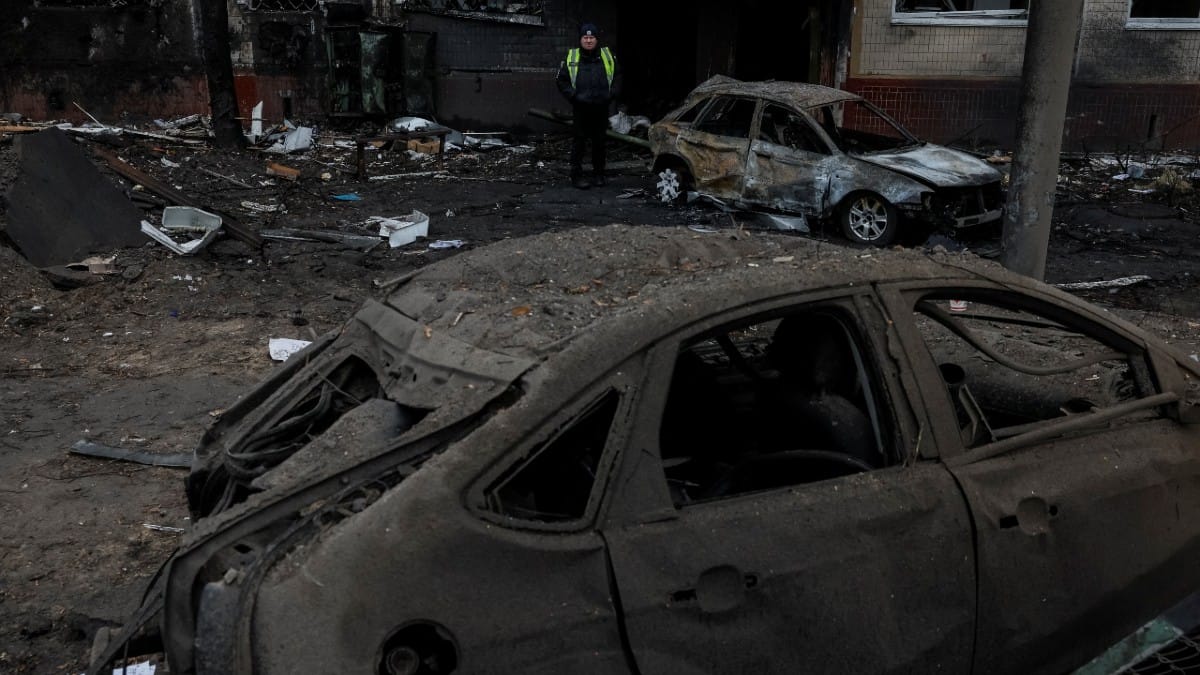
What has happened now is that the war has entered a stalemate. Usually, one would say that a stalemate is bad news for the attacker — in this case, Russia — since unlike the defender, an attacker has objectives.
The difference is that six months back, Ukraine, armed with modern weaponry from the US and its European allies, launched an ambitious counter-offensive against the Russians.
In its November cover story, The Economist talked about the possibility of Russia winning the war and how Putin’s biggest asset is Europe’s lack of strategic vision. It then goes on to explain that Ukrainians have their own internal issues, particularly the public spat between President Volodymyr Zelenskyy and his armed forces chief General Valerii Zaluzhnyi.
The top general had in an interview said he thought the war had entered a stalemate and that’s something Zelenskyy didn’t like. So the Ukrainian President publicly repudiated his own armed forces chief.
Also Read: ‘Shadow banking’, ‘rotten tails’ & mortgage boycotts — how China’s housing market unravelled
Then there’s Washington, where President Joe Biden is not able to get congressional clearance for his $60 billion next round of aid that Ukraine desperately needs. Republicans are blocking that aid because they have put their own conditions for clearing this aid for Ukraine as well as for Israel. They are demanding tightening of immigration controls on America’s southern border, which is a polarising issue in the US.
Meanwhile, what’s happened on the ground is that Ukraine launched a massive counter-offensive, they had everything new — tanks, artillery, rockets, missiles and air defence systems. They also trained and armed the brigades in accordance with NATO standards.
They launched attacks towards the south, hoping to cut Russian forces going into Crimea by targeting the Kerch Bridge, which connects the Crimean peninsula with the Russian mainland. The idea was to put Russian forces there under pressure. Ukraine’s NATO advisors might have wanted them to focus only on the south but they also launched attacks towards the north, east and centre. In the process, Ukrainian forces got divided.
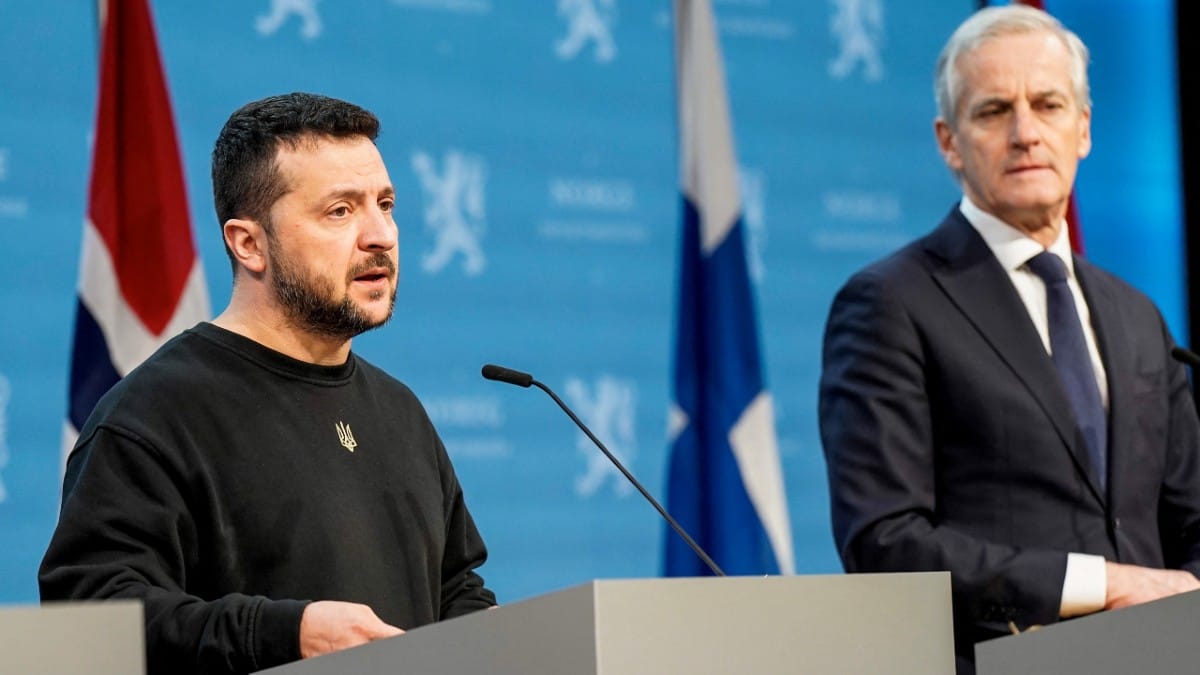
They made very little advances, if at all, after having lost nearly 20 percent of their territory. Russians took territory in the beginning when Ukrainians were not ready, they aren’t doing that any more. Ukrainians, on the other hand, have held off the Russian advance in Avdiivka.
This winter, once again, Ukrainians are digging in for defence, instead of attacking, and Russians are trying to attack. The Ukrainian counter-offensive has, by and large, failed, while Russians have brought in ammunition from North Korea and drones from Iran.
Against this backdrop, Putin held his annual press conference Thursday during which he said that “Western support for Ukraine is drying up” and that the aims of his war have not changed: “demilitarisation” and “denazification” — by which he means a new government in Kyiv, perhaps one that’s friendlier towards the Kremlin, like Lukashenko’s in Belarus.
He added that there can be peace as long as Moscow does not have to make any compromises. Putin also thinks that the Republicans will block any further American aid to Ukraine and that Europe is tired of this war.
What’s also encouraging for him is that his ally Prime Minister Viktor Orban of Hungary, which is a NATO member, has been opposed to Ukraine joining the European Union (EU). So is the new government in Slovakia.
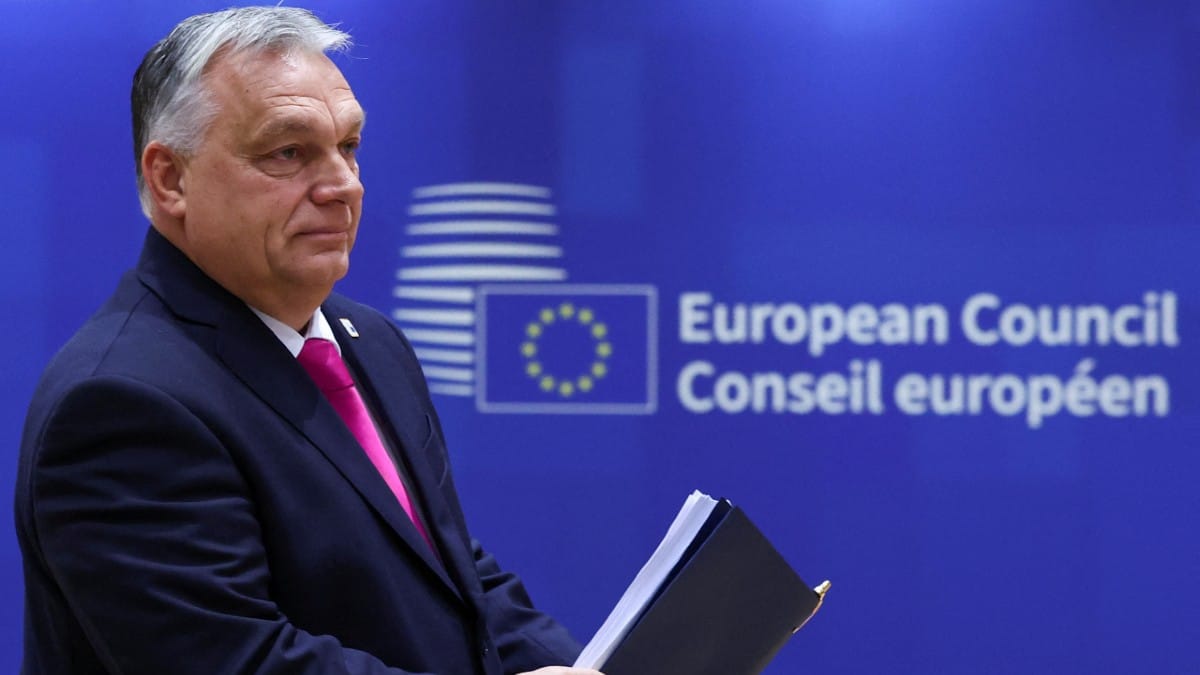
Orban knows that the EU is meeting to decide whether to make the first move in letting Ukraine join the bloc. Prior to the meeting, he threatened to exercise his right to veto the $56 billion aid package for Ukraine if the bloc were to continue to restrict Hungary’s access to €10 billion owed to it on account of its failure to pass the EU’s rule of law test.
Each EU member state has the veto power.
On Wednesday, the bloc gave in to Orban’s threat Wednesday and granted Hungary access to the €10 billion owed to it.
Also Read: Synthetic drug ‘50 times more potent than heroin’ — why fentanyl figured in Biden-Xi meet
Besides talking about Ukraine and the EU, the Russian President also said during the press conference that Moscow hopes and is willing to improve relations with Washington and that the “world needs the US” — maybe he was being sarcastic.
He also talked about the two American citizens detained in Russia, Wall Street Journal reporter Evan Gershkovich and Paul Wheelan, a former marine who is looking at a 16-year jail sentence after being convicted by a Russian court for espionage. Gershkovich too is facing similar charges.
Putin said Thursday that he was willing to talk to the Americans and make a deal for both — conciliatory but talking from a position of strength.
He also claimed that Russia no longer needs to mobilise troops since 500,000 people have already volunteered to join the fighting.
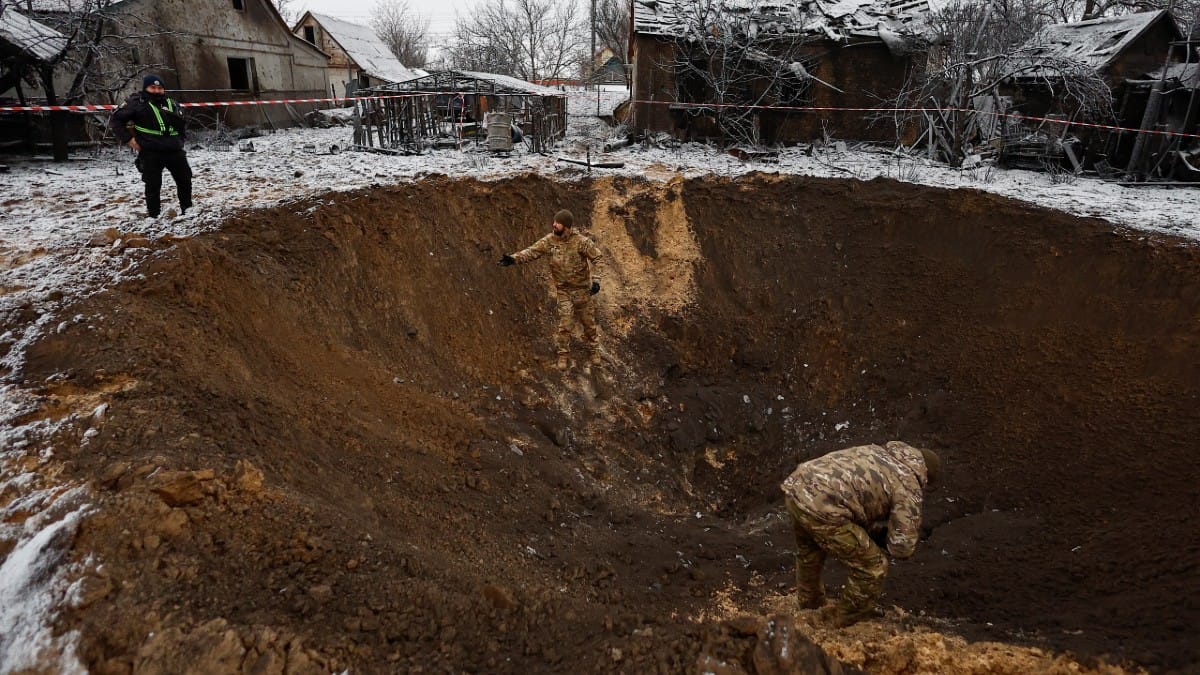
On Western aid to Ukraine, he said that Ukrainians are “getting everything as freebies” but at some point these “freebies will run out”. This was perhaps his way of indicating that Ukraine’s western allies are tired of this war since they are democracies and have to face public opinion.
A recent Pew survey had shown that less than half of the American population believes that the US is right to give this level of aid and assistance to Europe.
With the prospect of Donald Trump emerging as the Republican frontrunner in the US presidential elections, Putin knows Trump will try to stop this war, even if it means arm-twisting the Ukrainians into signing a humiliating deal with Moscow. This is why he is playing for time.
There is also a counter-argument to this. For instance, American political scientist Ian Bremmer argues that Russia’s decision to invade Ukraine not only led to the expansion of NATO but also pushed Europe into dramatically increasing its defence spending.
putin has:
expanded nato,
pushed europeans to dramatically increase defense spending,
faced 11 rounds of unanimous sanctions from europe,
gotten ukraine invited into the eu,
created the most powerful ukrainian military in europe…
and you ask if putin is winning?
not a… pic.twitter.com/msBencA66L
— ian bremmer (@ianbremmer) November 30, 2023
Then there is Swasti Rao of the Manohar Parrikar Institute for Defence Studies and Analyses who has argued that Russians are now essentially where they were at the beginning of the war.
So, I am still wondering how to visualize a frozen conflict of sorts in 16% of Ukranian land that was anyway under Russia's de facto control before the war! is that a win or a loss?
This war has robbed Russia of its geo strategic advantages.
Let me give a few points:
1. Grain… https://t.co/kqtQbk7Aoz
— Swasti Rao ラオ スワスチイ (@swasrao) December 1, 2023
This is the edited transcript of ThePrint CutTheClutter Episode 1367, published on 14 December 2023, on the stalemate in the Russia-Ukraine war & key takeaways from Vladimir Putin’s annual pre-Christmas press conference.
Also Read: Origins of US-Israel ties & why this enclave has been vital to Western interests in Middle East



